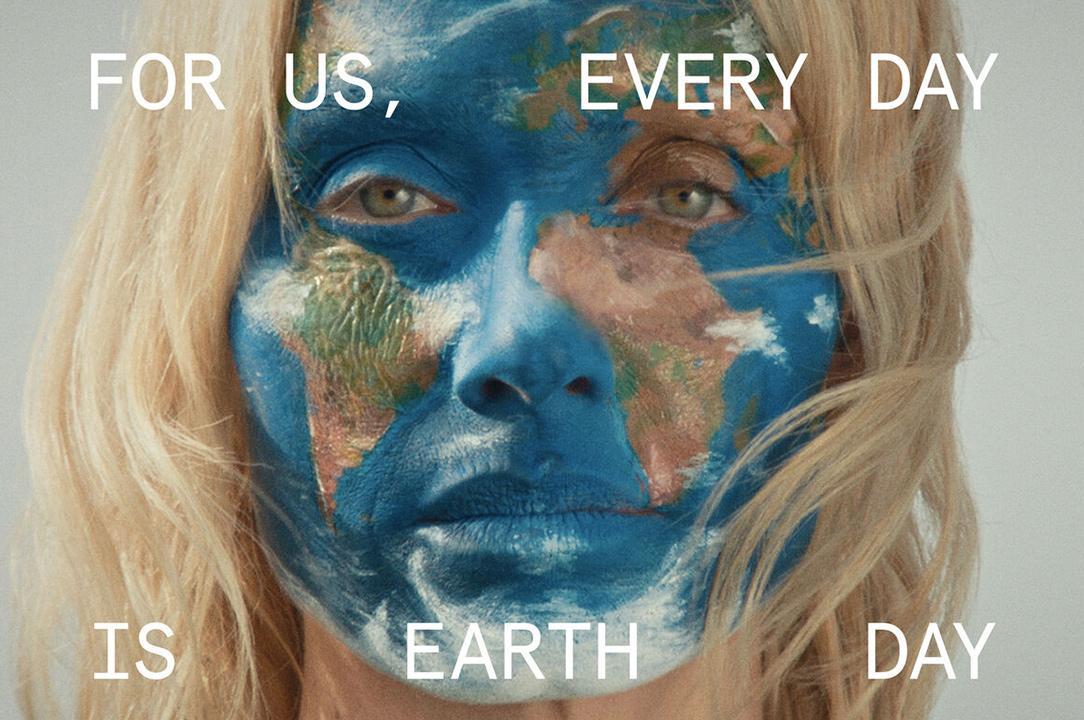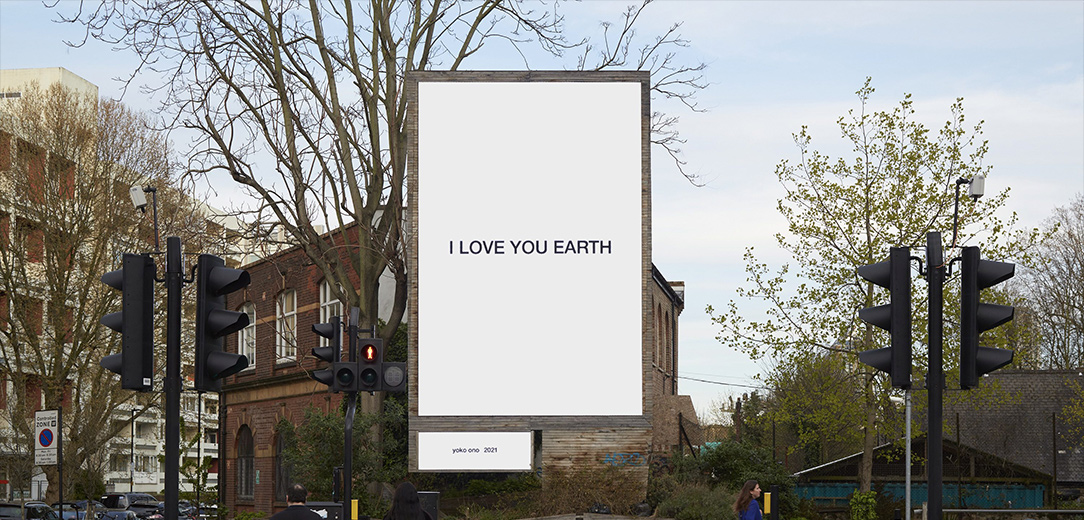April 22nd, 2021
Each year, on this day, people and organisations all across the world celebrate Earth Day. A day in which we spend time reflecting or acting on something helpful towards the preservation of the planet we live on, from awareness activation to raising money and creating new initiatives. But out of the 365 days in a year, why do we and brands only actively concentrate on this for one of those, especially since it’s been over 50 years since the concept was first introduced.
Earth Day is an annual event on April 22 to demonstrate support for environmental effort and protection. The day was first celebrated in 1970 and is curated and given life each year by Earthday.org.
It was peace activist, John McConnell who first put the day forward in 1969 at a UNESCO conference in California, as a concept of peace and to honour our planet. Through proposals and legislation and the efforts of many people, the day was sanctioned and became official in 1970. For its history you can read more here.
Fast-forward to the last 10 years or so and there have been more events and activities created beyond a day, where some organisations push it to a week and so on. But with the recent focus on brands doing more through CSR and so on, how has this focus, given the concern around climate crisis, not moved at the same rate we’ve been adding to the impact we’ve had on our planet in terms of damaging it and taking from it without doing enough to give back.
And there’s something in it for brands to do more. On Earth Day 2020, over 100 million people around the world observed the 50th anniversary in what is being referred to as the largest online mass mobilisation in history. It shows a global interest in conservation of the planet and is a huge audience to which brands can align to and create mutual benefit. To which a lot of brands have already taken part and have done for years.

Last year saw Burberry launch the ReBurberry edit, which features 26 styles from its spring/summer 2020 collection, all made from sustainable materials. Michael Kors announced its social responsibility strategy, which included its commitments to be net zero and source 100 per cent renewable energy by 2025. Adding to the fashion brand declarations, Stella McCartney, a pioneer in sustainable fashion, hosted an Ocean Outdoor screen takeover in London’s Piccadilly Circus. The displayed film highlighted how even when humanity pauses through the pandemic, nature carries on.

It isn’t just fashion brands that celebrated Earth Day. Nasa celebrated the day by sharing how their missions have studied the planet to help benefit life on earth. They had a whole page on their website dedicated to resources all about Earth Day, something that they have done again this year, which also includes live talks and opportunities to ask questions to climate change experts. Crayola encouraged people to decorate and upcycle things that would normally be thrown away, and Hyundai set a #DarkSelfieChallenge, encouraging people to turn all the lights off and take a selfie with the flash on – showing yourself in the dark to shed light on climate change.
This year we are already seeing announcements and campaigns from brands for Earth Day 2021. One of these is from the Serpentine gallery. As part of their ongoing Back to Earth campaign, they have partnered with media company Clear Channel to commemorate Earth Day with a series of billboards featuring Yoko Ono’s I LOVE YOU EARTH.

What’s interesting is how brands are moving from one-off campaigns or product lines, to fully changing their structure to be more focussed on their role in their responsibility towards the planet. Committing to constant work to aid in the benefit of their audience and beyond.
So the question for your brand might be ‘are we doing enough?’ or ‘why do we only celebrate earth day on one day a year?’. Perhaps the idea of manoeuvring the business to change certain aspects of the way the brand is run might be too heavy. But with the enormous interest from audiences across the world, the investment in doing so would certainly see increased returns.
So then, why only celebrate, care or capitalise once a year, when it’s something that potentially should be in focus all of the time, for your brand, for your audience and for the world?




